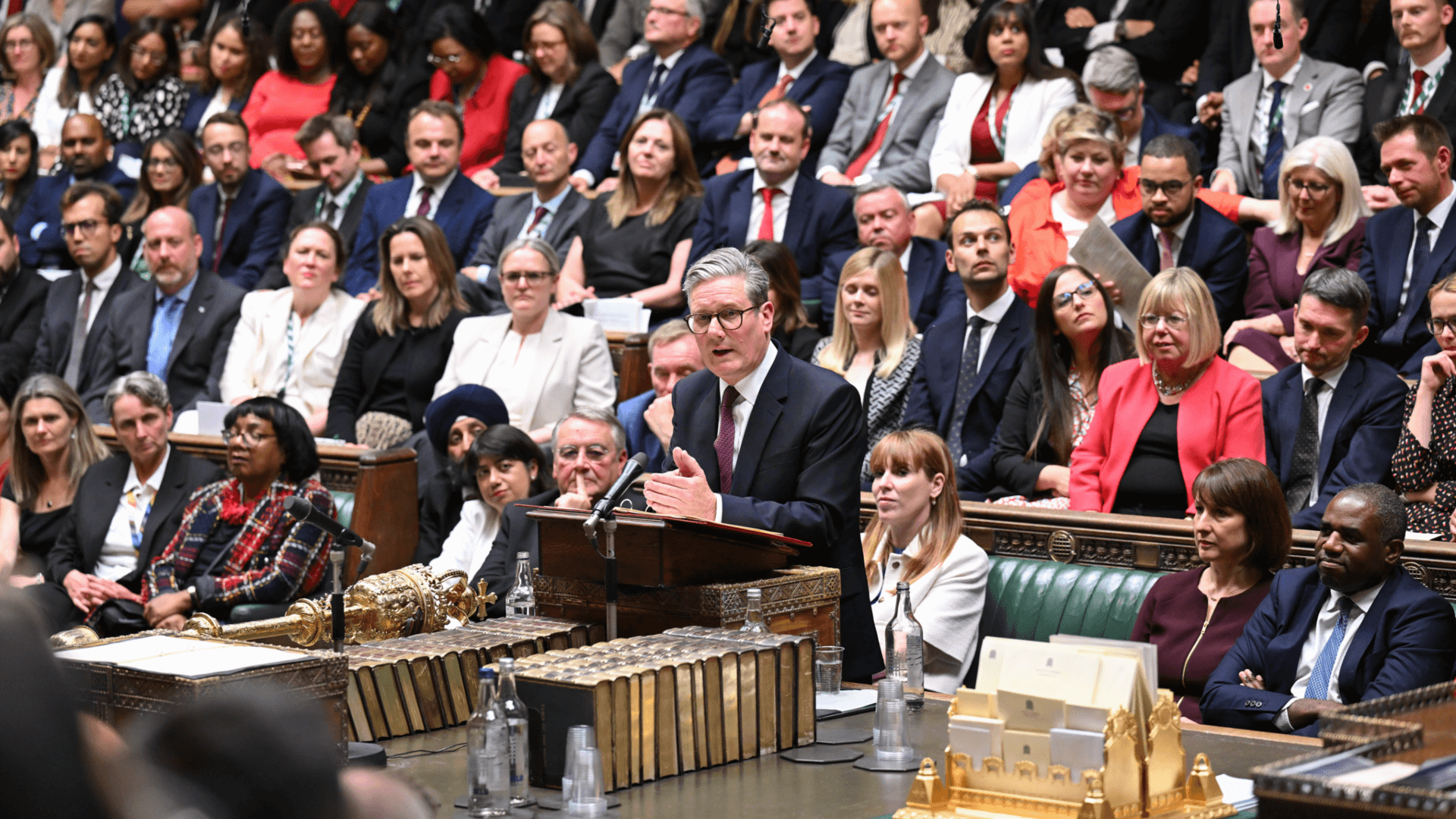Rachel Reeves’ display of emotion in the House of Commons has been met with criticism and a stock market nose-dive. Why is the image of an emotional woman still so controversial?
The UKs first female Chancellor, Rachel Reeves, cried in the Commons last week. Her tears led to a crash in the pound, attracted widespread criticism from political commentators, and triggered rumours that she was either about to leave her role or be kicked out by Prime Minister Keir Starmer.
This dramatic reaction highlights our ongoing disdain for female emotion – and a lack of faith in women who hold positions of power. But as Amelia Gentleman points out for The Guardian, research has shown that women cry more than men. So it’s only natural that as more women take prestigious positions within our country, the more likely we are to witness these kinds of emotional outbursts from time to time.
And that’s not to say that Reeves’ male peers don’t behave emotionally at work, either. Just because they’re not crying doesn’t mean the pressure and strain of political jobs doesn’t trigger outbursts that – should they come from a woman – would be deemed unprofessional, but are often dismissed as valid machismo behaviour in the face of exhaustion and stress.
The day after Reeves cried, she was back to work and intent on moving forward. As was her boss, Keir Starmer, who quickly assured the public that Reeves’ would be staying in her role for the foreseeable future. The stock market soon bounced back.
While it’s not usual to see individuals cry at work – especially in such formal settings as the House of Commons – Reeves’ behaviour has started conversations around public displays of emotion, calling into question the deep-rooted misogyny that often frames are emotional responses, and shedding new light on the ways we interact with one another more generally.
Crying has long been considered a weakness, a view perhaps exacerbated by its association with women rather than men. But Executive coach and success mentor Shereen Hoban says its old-fashioned to think crying at work is unacceptable.
‘We’ve moved beyond the old-school idea that professionalism means leaving emotion at the door,’ Hoban told the BBC. ‘In today’s world, emotional intelligence is a strength, not a liability.’
Members of the public also wrote in to share their own experiences, with many men admitting they’d had tearful reactions to difficult situations at work.





















